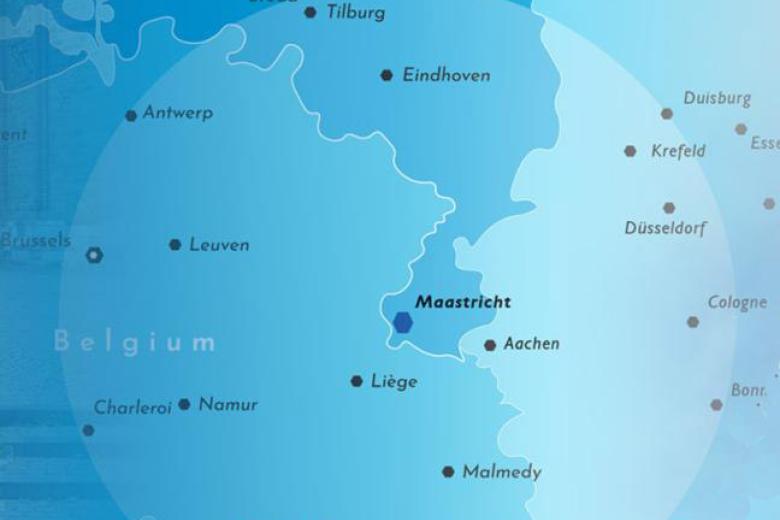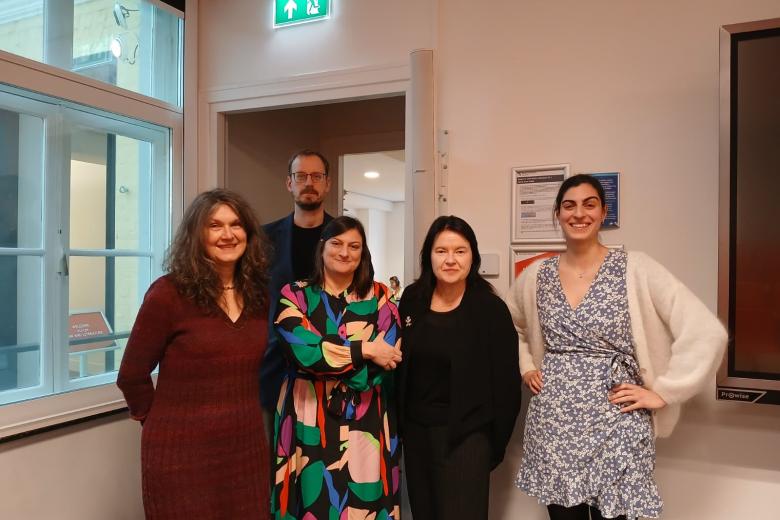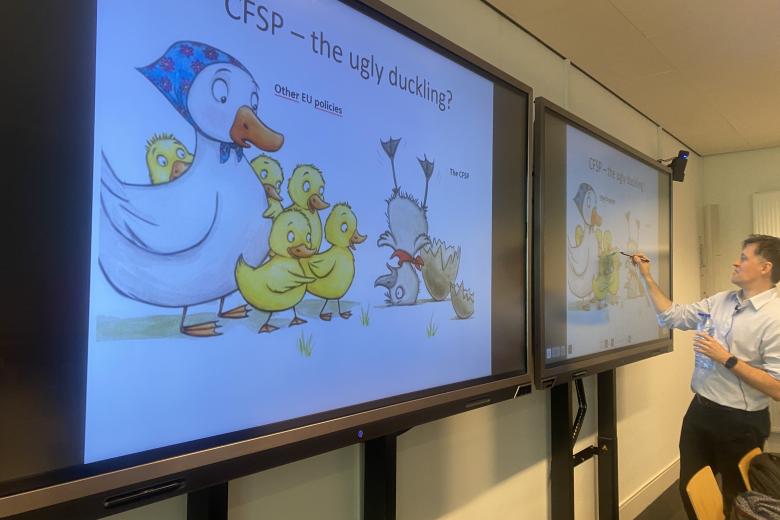NVAO accredits two new UM science master's
Maastricht University will officially launch two new Master of Science programmes in September 2015. The Biobased Materials and Systems Biology programmes passed the initial accreditation test of the Accreditation Organisation of the Netherlands and Flanders (NVAO) with flying colours. The NVAO accreditation is the last hurdle in the approval procedure for new programmes. The programmes were approved in January by the Minister of Education, Culture and Science following a positive recommendation of the Committee for Effective Higher Education (CDHO).
The new master's programmes complement the existing Maastricht Science Programme, a unique and broadly-oriented bachelor of science, to give UM a full academic programme in the sciences. Student recruitment has started and the first batch of prospective students has been selected from the many international applications. The new master's programmes train knowledge workers to make an effortless transition into the regional labour market. It is a wonderful example of regional cooperation in the Kennis-As Limburg, a million-euro joint investment by UM, the province of Limburg and other institutes in the regional knowledge economy.
Biobased Materials
The Biobased Materials programme, which will be offered in the new Centre Court building on the Brightlands Chemelot Campus in Sittard-Geleen, focuses on the biological and chemical production techniques used to transform raw materials into functional materials and products. At present, no other programme approaches this issue from all angles (chemical, biological and physical). The programme is expected to attract twenty-five bachelor's graduates a year from both UM (e.g. the Maastricht Science Programme) and abroad. A select group of students will be selected to start the first year.
In its report, the NVAO visitation panel praised the programme for its ambitious approach and its social relevance. Students can choose their own courses and specialise in various aspects of biobased materials. The programme delivers graduates who are fluent in the 'language of science' and connects multidisciplinary teams of experts. The business community expressed a clear need for such transdisciplinary researchers. The panel also praised the support of the regional business community, the academic partners and the province of Limburg, expressed through the contribution of various businesses on the Brightlands Chemelot Campus in the form of staffing, lab facilities and project proposals.
Systems Biology
The Systems Biology programme is offered on the Brightlands Maastricht Health Campus. Systems biology is a new, interdisciplinary field that combines traditional biology and life sciences with elements of computer science and mathematics. This is the first independent master's programme of its kind in the Netherlands. Instead of examining individual components, the programme takes a systematic approach to biological and medical systems by using mathematical tools. This helps to create new questions and answers that lead to the development of new scientific and medical applications. The programme expects to attract twenty-five students a year after the first year.
The visitation panel described it as an ambitious programme within a relevant domain. According to the panel, the new master's programme will provide a solid foundation in systems biology and fulfil an important need thanks to its systematic approach, which is becoming increasingly important in both biology and medicine. The programme trains young scientists to work at the interface between life sciences and mathematics. The panel was impressed by the strong international character of the internships and the collaboration with the University of Liege. It was also enthusiastic about the excellent facilities on offer in the three faculties and the Maastricht Centre of Systems Biology (MaCSBio), which integrates research and education.
Also read
-
DigiMach places Meuse-Rhine Euroregion at the heart of industrial digitalisation
DigiMach (Digital Machining) is a new cross-border project uniting Belgium, Germany, and the Netherlands around a common goal: accelerating the digitalisation of the machining industry in the Meuse-Rhine Euroregion.
-
Globalisation & Law Network seminar with Áine Ryall
On 24 November 2025, the Globalisation & Law Network, together with the Institute for Globalisation and International Regulation (IGIR) held the seminar with Professor Áine Ryall.
-
Guest Lecture: Lóránt Havas explores current challenges in the EU’s CFSP
Lóránt Havas delivered a guest lecture on the EU’s evolving CFSP, discussing key legal developments, institutional challenges, and new defence instruments.